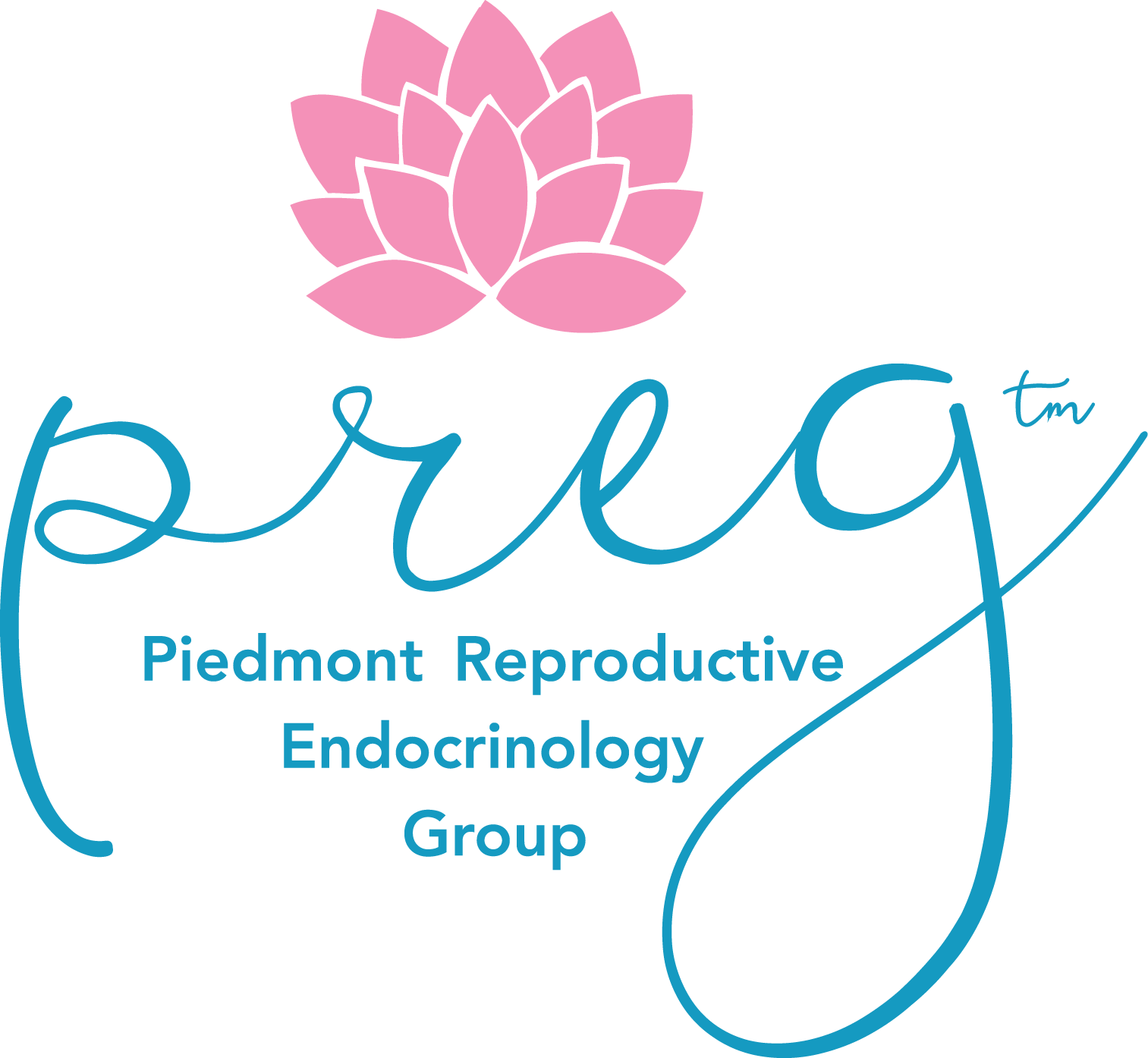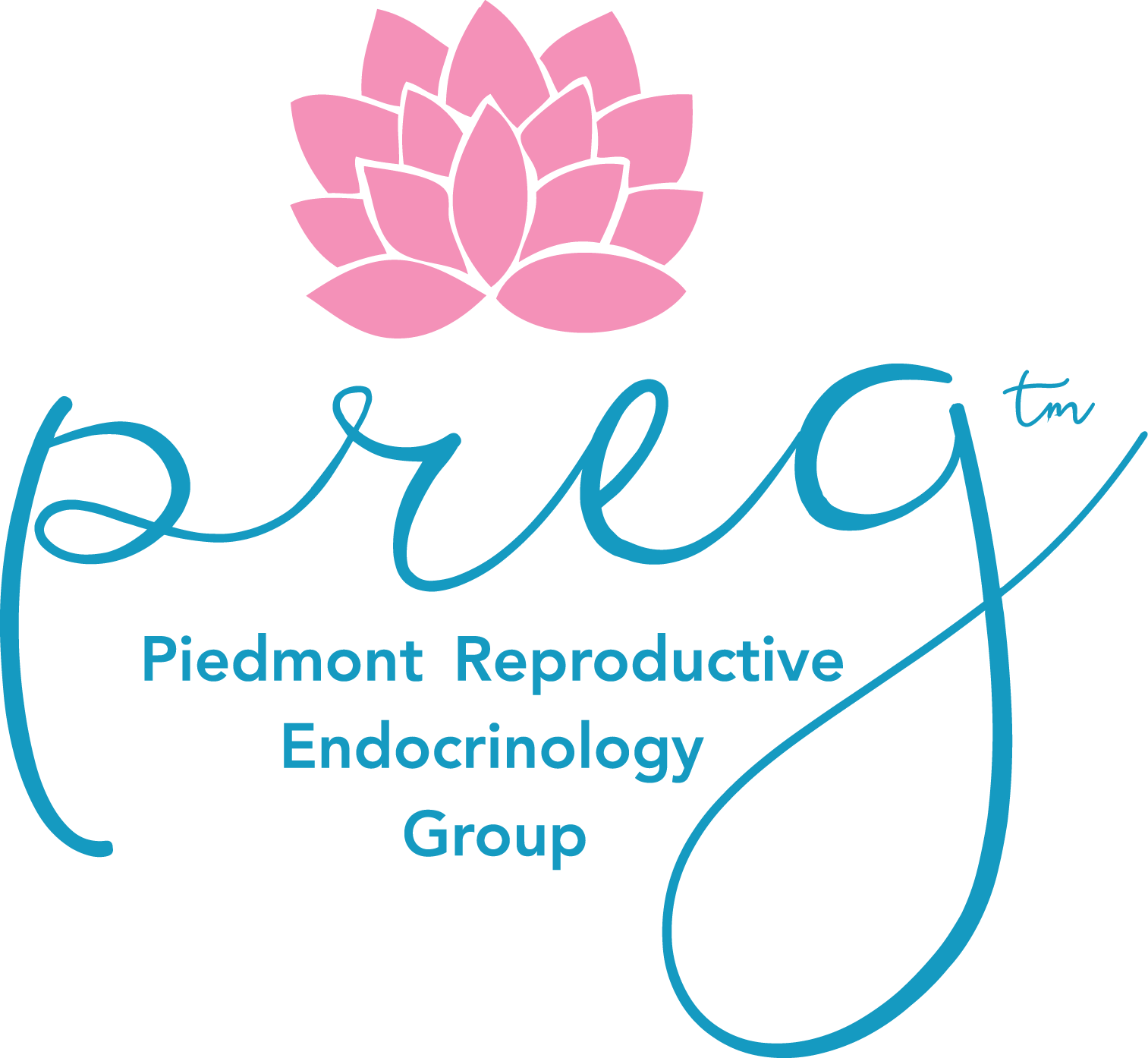No one likes to consider the possibility of an IVF cycle not resulting in pregnancy. The reality is, however, that at least 30 to 40% of the time it will not be successful. After the emotions settle, it is very important that we sit down and review the treatment cycle to try to learn more from the experience. A failed cycle visit is just as important as the actual treatment cycle. In the meeting, all aspects of the treatment cycle will be reviewed.
The review should evaluate both embryonic reasons for IVF failure and environmental reasons:
Embryonic reasons will evaluate any potential problems with the eggs, sperm and/or embryos that might have resulted in the lack of pregnancy or miscarriage. Things such as the protocol (medications and dosages used), number of follicles, estrogen levels, size of follicles at the time that hCG was given, number of eggs obtained, egg maturity, fertilization rate, percentage of embryos that progress to blastocyst (implantation stage, typically day 5 or 6 of embryonic life) and quality of the blastocysts (this can include genetic testing of embryos) will be reviewed. Problems in this area might be due to egg quality or the type of stimulation utilized. Sometimes, adjustments can be made to the stimulation protocol that might ultimately improve embryo quality and pregnancy outcome.
Environmental factors are also an important aspect of the failed IVF cycle meeting. This area will include things such as the preparedness of the uterus (endometrial thickness and pattern/structure). If there have been multiple embryo transfers with good quality embryos & no positive pregnancy test, then further evaluation of the endometrium may be warranted. This may include a hysteroscopy and endometrial biopsy to evaluate if the endometrial development is in synchronization with the embryo development and if the proper cell adhesion molecules are present to assist with implantation. Immunologic factors can also be tested using parental blood and might include tests such as antiphospholipid antibodies, if recurrent pregnancy losses have occurred.
These areas will be discussed openly and honestly at your follow-up appointment so that any future IVF attempts can be revised to improve the chance of a positive outcome. Our physicians want to allow you to ask questions in order to improve the chances for pregnancy on your next IVF attempt.


